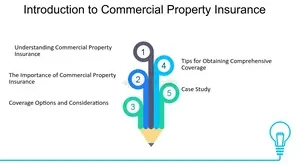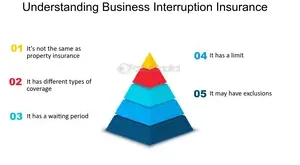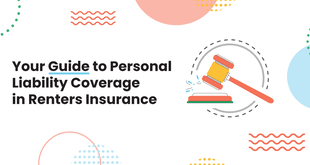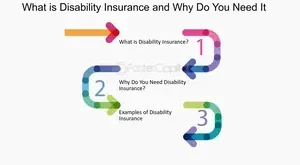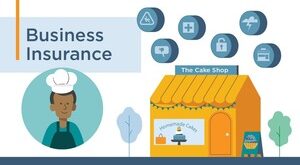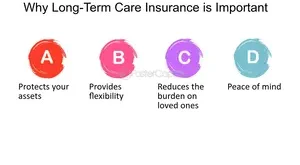Homeownership is one of the most significant investments you’ll make in your lifetime. Protecting this investment is crucial, and homeowners insurance is designed to do just that. This guide explores the importance of homeowners insurance, the types of coverage available, and tips for choosing the right policy to safeguard your home and assets.
Why Homeowners Insurance is Essential
Financial Protection Against Losses
Homeowners insurance provides financial protection against a variety of potential losses, including damage to your home, personal belongings, and liability for accidents that occur on your property. It helps cover the cost of repairs or replacement, ensuring you can recover from unexpected events without a severe financial burden.
Mortgage Requirement
If you have a mortgage, your lender will likely require you to carry homeowners insurance. This ensures that their investment in your property is protected in case of damage or loss. Failing to maintain adequate coverage can result in the lender purchasing insurance on your behalf, often at a higher cost.
Liability Coverage
Homeowners insurance includes liability coverage, which protects you if someone is injured on your property or if you accidentally cause damage to someone else’s property. This coverage helps pay for legal fees, medical expenses, and settlements, shielding you from potentially significant financial liability.
Protection for Personal Belongings
In addition to covering the structure of your home, homeowners insurance also protects your personal belongings, such as furniture, electronics, clothing, and other valuables. This coverage ensures you can replace your possessions if they are damaged or stolen.
Additional Living Expenses
If your home becomes uninhabitable due to a covered event, homeowners insurance can cover additional living expenses, such as hotel stays and meals, while your home is being repaired or rebuilt. This helps maintain your quality of life during a disruptive period.
Types of Homeowners Insurance Coverage
Dwelling Coverage
Dwelling coverage protects the structure of your home, including the walls, roof, and foundation. It covers damage caused by events such as fire, lightning, windstorms, and vandalism. Ensuring you have enough dwelling coverage to rebuild your home at current construction costs is crucial.
Other Structures Coverage
This coverage protects structures on your property that are not attached to your main home, such as detached garages, sheds, and fences. It helps cover the cost of repairs or replacement if these structures are damaged by a covered event.
Personal Property Coverage
Personal property coverage protects your personal belongings, both inside and outside your home. It typically covers items such as furniture, appliances, clothing, and electronics. You can also add endorsements for high-value items like jewelry, artwork, and collectibles to ensure adequate protection.
Liability Coverage
Liability coverage protects you from financial loss if someone is injured on your property or if you accidentally cause damage to someone else’s property. It covers legal fees, medical expenses, and settlements, providing significant financial protection in case of a lawsuit.
Loss of Use Coverage
Loss of use coverage, also known as additional living expenses coverage, pays for temporary housing and other living expenses if your home is uninhabitable due to a covered event. This ensures you have a place to stay and can maintain your standard of living while your home is being repaired.
Medical Payments Coverage
Medical payments coverage helps pay for medical expenses if a guest is injured on your property, regardless of who is at fault. This coverage is typically limited to smaller claims and can help prevent liability claims and lawsuits.
Choosing the Right Homeowners Insurance Policy
Assess Your Coverage Needs
Determine the amount of coverage you need based on the value of your home, personal belongings, and potential liability risks. Consider factors such as the cost to rebuild your home, the value of your possessions, and your exposure to liability claims.
Compare Policies and Providers
Research various homeowners insurance providers and compare their policies. Look at factors such as coverage options, premiums, deductibles, and customer service ratings. Comparing multiple quotes can help you find the best coverage at competitive rates.
Understand Policy Details
Carefully read the policy documents to understand the terms, conditions, and exclusions. Pay attention to coverage limits, deductibles, and any additional endorsements or riders. Knowing the specifics of your policy helps avoid surprises in the event of a claim.
Consider Additional Coverage
Consider adding endorsements or riders to your policy for specific risks or high-value items. Common endorsements include coverage for earthquakes, floods, and sewer backups, as well as additional protection for expensive items like jewelry and fine art.
Review and Update Regularly
Regularly review your homeowners insurance coverage to ensure it remains adequate as your circumstances change. Major life events such as home renovations, the purchase of valuable items, or changes in your financial situation may require adjustments to your coverage. Updating your policy ensures it continues to meet your evolving needs.
Common Homeowners Insurance Myths
Myth 1: Homeowners Insurance Covers All Types of Damage
While homeowners insurance covers many types of damage, it does not cover everything. Common exclusions include damage from floods, earthquakes, and sewer backups. Understanding your policy’s exclusions helps you identify any additional coverage you may need.
Myth 2: Homeowners Insurance is Not Necessary for Older Homes
Regardless of your home’s age, homeowners insurance is essential to protect against unexpected damage and liability risks. Older homes may even require additional coverage due to higher repair costs or outdated construction materials.
Myth 3: Personal Property Coverage Extends to Business Equipment
Standard homeowners insurance typically does not cover business equipment or inventory. If you run a business from your home, you may need additional business insurance to protect your business assets adequately.
Conclusion
Homeowners insurance is a vital investment in protecting your home and financial well-being. By understanding the types of coverage available, assessing your specific needs, and carefully selecting the right policy, you can ensure your home and assets are well-protected against potential risks. Regularly reviewing and updating your coverage helps maintain comprehensive protection, providing peace of mind and financial security for you and your family.
 kisskh kisskh | Asian Dramas & Movies
kisskh kisskh | Asian Dramas & Movies


